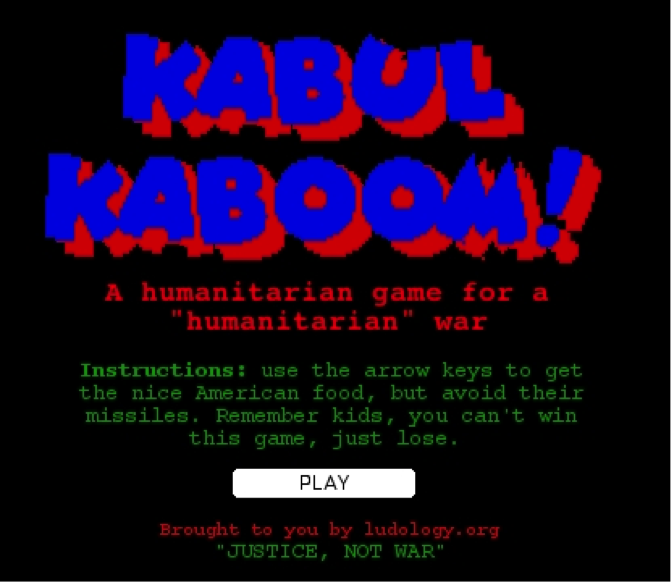Instant access to friends, family, and information is part of the fabric of 21st century American life. Our devices are part of our extended selves, and we rely on them to archive our past, entertain our present, and coordinate our next future. So what happens when you unplug from your (perhaps) better half for 24-hours? What plans to do you have to make? What pieces of that analog world do you collect and engage? And how do you feel when it’s all over and the charge glows green again? Students in Professor Maurantonio’s Media, Culture, and Identity courses shot 30-second video blogs before and after unplugging for all media for 24-hours, and the results are in.
Course Stats
Professor: Nicole Maurantonio | Assistant Professor of Rhetoric and Composition
Institution: University of Richmond
Course: Media, Culture, and Identity
Project: 24-hour Media Fast
Participants: Two sections, individual projects
Getting the students ready

On the first day of each semester, I warn my students to turn off all electronic devices before entering class. I acknowledge the irony of this request: I am a media studies professor who will not allow electronic media in her class. Inevitably, a phone will ring or vibrate during the course of the semester, and a student will look guiltily at me, at time explicitly saying, “I completely forgot I had my phone.” There is certainly something to this; in a digital world it is easy to forget that the technologies we rely upon are precisely that: technologies. Their presence, however, is increasingly a given on college campuses — something we take for granted. With this in mind, I ask students to complete a 24 hour electronic media fast. A media fast will be difficult, I tell students, but not impossible. It may require planning, but navigating 24 hours without the use of electronic media is the challenge they must accept. The purpose of the assignment is twofold: to acknowledge the extent to which electronic media have been so seamlessly integrated into contemporary culture (I.e. considering the differences between digital versus print versus oral cultures) and to consider both the functional and affective implications of being electronic media-less in the digital world of UR.
It was a humbling experience…all around. – Nicole Maurantonio
24-hour Media Fast
Final thoughts

When I told my mom about the assignment, she was very excited and made it her mission to come up with activities we could do together during my media-less 24 hours…
…In one shoe store, I picked up a pair of shoes and an employee ran over to me with an iPad in hand to show me the shoes in different colors. I only realized in the car home that I had “cheated” yet again by using the store’s iPad…
…When thinking back on the challenge I realize that the fact that I had to make an elaborate plan in order to have a media-less day shows how much I rely on technology in my daily life….
…After my media-less day I have realized that it may be worth “un-plugging” from media when on vacation or for special occasions or even just for meals… – Julia Morris
You can read Julia’s full essay here: Morris_MediaFastDigitalAmerica1-1

At one point, I did use my cell phone to use my dictionary app to look up a few words that I didn’t know in one of my readings. I realized that I do not even have a dictionary or thesaurus in my room, which I never paid attention to before because they aren’t needed…
…I love having time to myself to just think about my life, my future and to also reminisce on the past. Doing this reminds me of the things that I consider important in my life. It grounds me and motivates me to do better…
…Technology is amazing and definitely is helpful in everyday life, but when you have your mind set on just taking some time out of your busy schedule to relax, and then notice the absence of alarms going off and people trying to get a hold of you, it’s actually pretty nice…
…I feel like technology is an enhancement and timesaver, but it is not the end-all, be-all of our daily lives…
…It did make me think about the Digital Divide and how it is very possible that this is how some people around the world, or even in the U.S. live their lives everyday. I wonder how these people would feel if we were to switch places for 24 hours, with them getting technology and I being completely removed from it? Would they agree that technology is wonderful or would they feel the opposite? – Taylor Parson
You can read Taylor’s full essay here: Parson_MediaFastDigitalAmerica1-1



